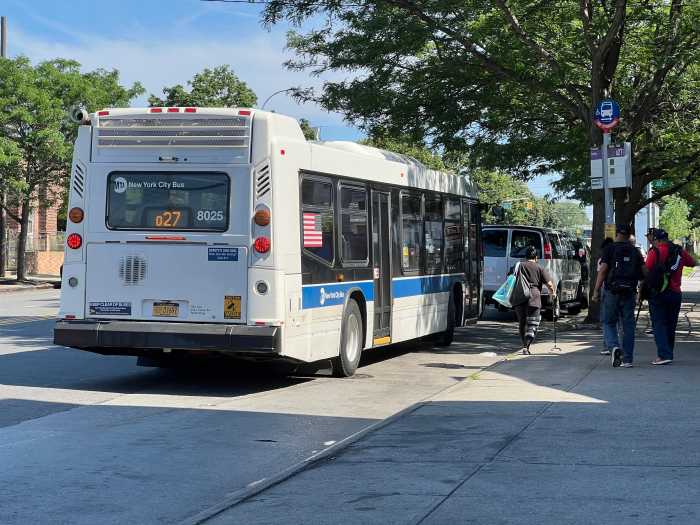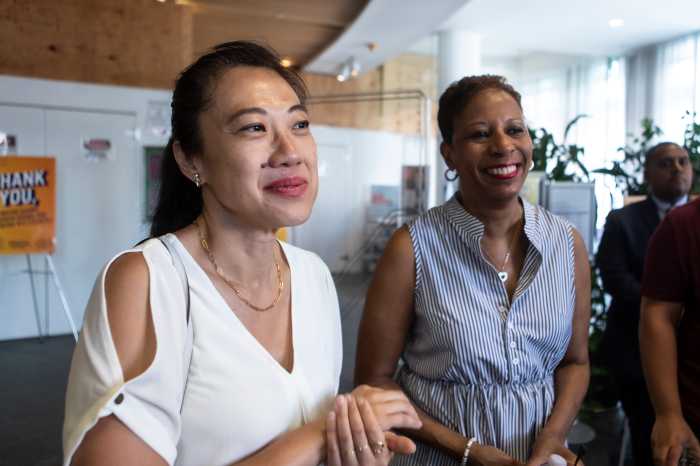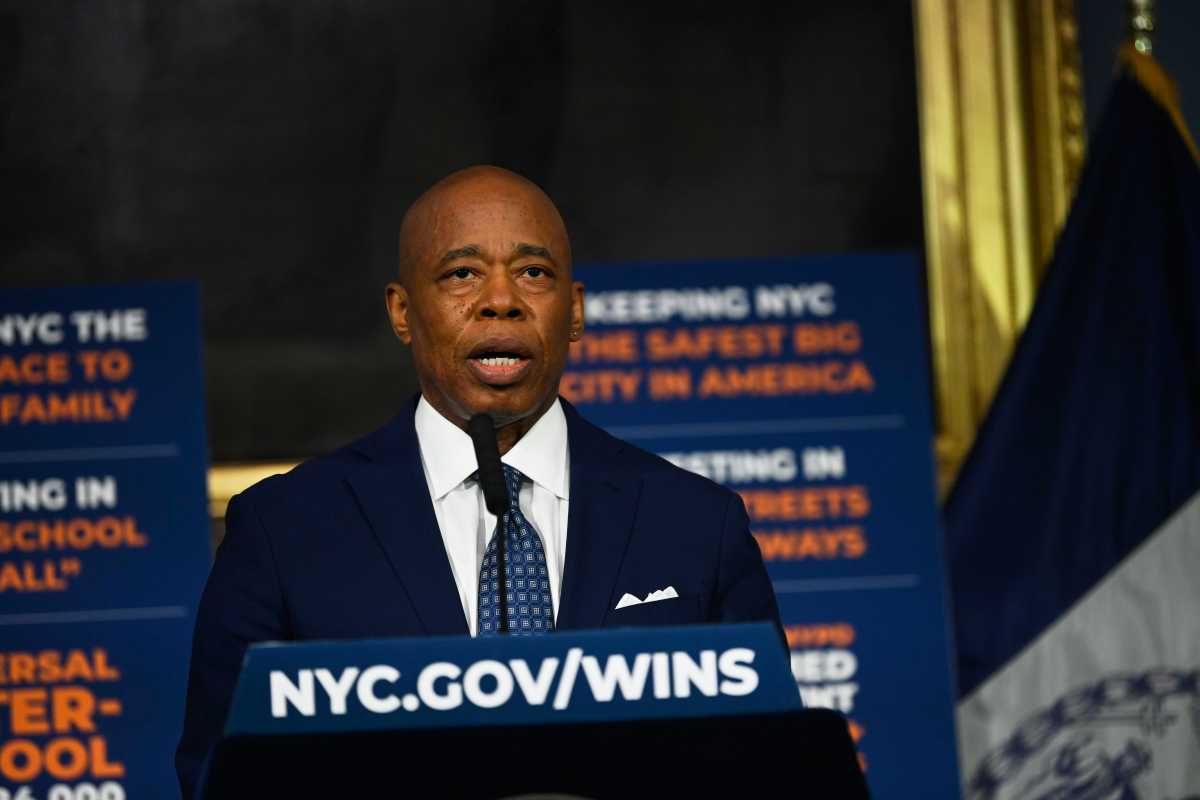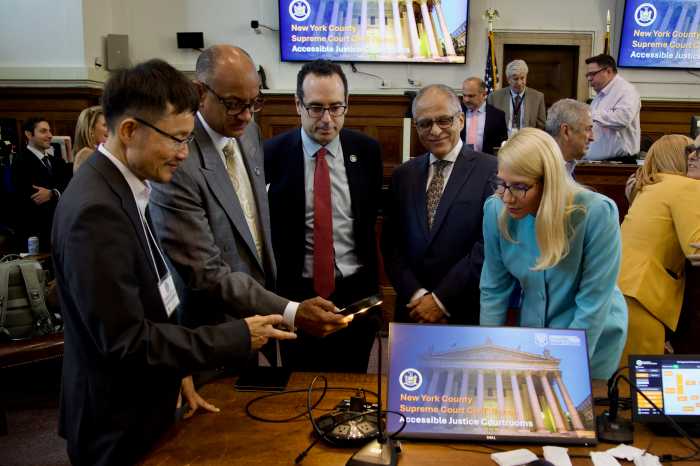By Prem Calvin Prashad
Feb. 19th marks the 75th anniversary of Executive Order 9066, a 1942 decree from President Franklin D. Roosevelt that ordered the internment of Japanese Americansas well as some German and Italian nationals in American concentration camps during World War II.
Internment hit Japanese Americans the hardest, with 120,000 removed from their homes, two-thirds of whom were American citizens. Most were forced to sell their land, businesses and homes.
American civil rights activist Fred Korematsu, with the help of the American Civil Liberties Union, challenged the constitutionality of Order 9066, but it was upheld in 1944 by the U.S. Supreme Court in a 6-3 decision. The majority ruled that security measures were necessary, while the dissenting justices alluded to, either implicitly or overtly, the role Korematsu’s race played in the decision to intern him.
Though the decision in Korematsu v. United States, was never overturned, it has remained in legal study as a cautionary study in prejudice informing jurisprudence. Similar allusions have been made to Plessy v. Ferguson, the 1896 court case that affirmed segregation as constitutional under the doctrine “separate but equal.”
Later reviews by the government found minimal evidence of Japanese-American disloyalty and that the decision to intern them was fraught with racism. Concerns over their loyalty were due to racial prejudice.
Indeed, prior to the war, Japanese Americans faced considerable discrimination and attempts to curb their immigration to the United States. The war against the Empire of Japan was frequently framed by newspapers and anti-immigrant organizations as a “war against their race,” charging that Japanese-Americans could never assimilate, in spite of compelling evidence that many second and third generation immigrants had done exactly that.
Subsequent commissions have criticized the decision to violate the constitutional rights of Japanese-Americans and affirm their loyalty during the war. Reparations of $20,000 were made to 82,219 during the Reagan administration.
In the wake of 9/11 and subsequent terrorist attacks, as well as the election of Donald Trump as president, there have been renewed calls to resurrect internment for Muslim-Americans.
One supporter, in particular, Carl Higbie of the Great American PAC, noted in an interview the “precedent” for interment. Indeed, in addition to draconian immigration restrictions, Republicans have called for a “Muslim Registry” to register Muslims in the United States.
Yet many critics see the registry as a possible first step toward internment. At the outbreak of the war, Japanese-Americans were forced to register, an effort supported by civic organizations such as the Japanese Americans Citizens League to prove loyalty.
The U.S. Census Bureau denied for almost 50 years that it had played any role in internment, before admitting to providing the addresses of Japanese-Americans to military authorities. An earlier form of the registry, the National Security Entry-Exit Registration System, was enacted in 2002 and proved to be largely a failure, disrupting the lives of thousands of permanent residents, with zero terrorism convictions.
The Homeland Security Office of The Inspector General suggested in 2012 that the program be terminated. Supporters of the registry would have the program resurrected and possibly expanded to U.S. citizens.
Survivors of internment, most of whom were children during internment, have used the anniversary to speak out against the proposed internment of Muslim-Americans.
The most prominent has been actor George Takei, famous for his portrayal of Hikaru Sulu on “Star Trek,” whose family was interned in Arkansas and California. Takei produced a Broadway show called “Allegiance,” which portrays the lives of Japanese-Americans during internment.
A cinematic version of “Allegiance” screened in theaters across the country Sunday, as part of the Japanese American Day of Remembrance. As part of the events on that day, the ACLU as well as Japanese American civic groups and Muslim advocacy groups gave talks on the correlation of internment to the presentday political climate.
In a video produced by AJ+, several former internees also discussed their experiences in the camps. One survivor, Gloria Imagire, recounted, “What’s happening to the Muslims right now, it’s really close to the hearts of Japanese-Americans because it happened to us.”





































